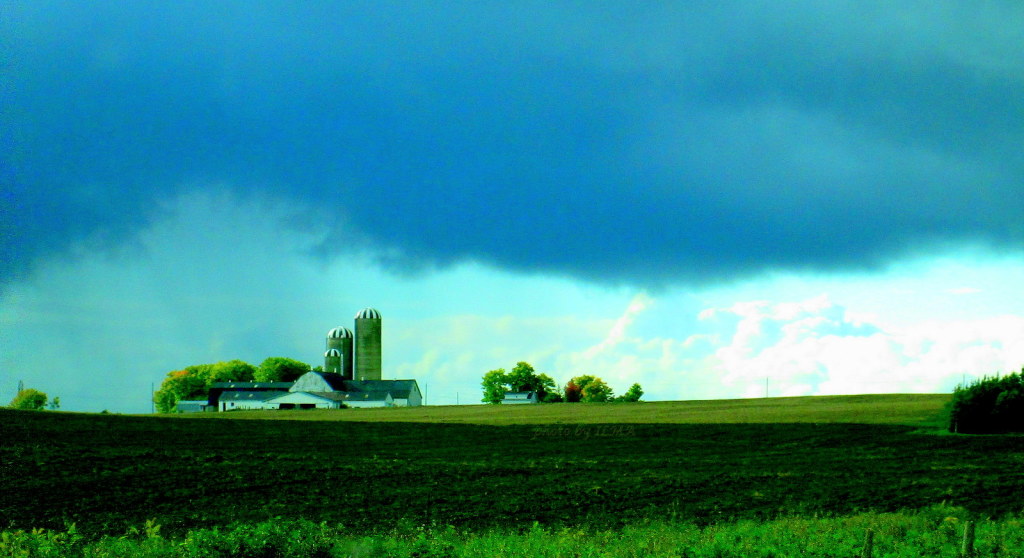EXODUS 30
17 The Lord said to Moses, 18 “You shall also make a basin of bronze, with its stand of bronze, for washing. You shall put it between the tent of meeting and the altar, and you shall put water in it, 19 with which Aaron and his sons shall wash their hands and their feet. 20 When they go into the tent of meeting, or when they come near the altar to minister, to burn a food offering to the Lord, they shall wash with water, so that they may not die. 21 They shall wash their hands and their feet, so that they may not die. It shall be a statute forever to them, even to him and to his offspring throughout their generations.”
– Exodus 30:17-21
EXODUS 30 THE BRONZE BASIN
A poem by ILMA inspired by these verses
Revelation 1:15 mentions bronze: “his feet were like burnished bronze, refined in a furnace, and his voice was like the roar of many waters.” It gives us a glimpse of God’s footstool. His bronze feet would crush Satan.
According to some commentaries, this allows followers into the outer court of the temple but no further into the holy places where higher levels of purification were required. When a priest enters the Holy of Holies without washing his feet, he would die (verse 20). Hebrews 12:29 tells us that God is a consuming fire that destroys any unholy thing in His presence. In Exodus 27, the altar of judgment was covered in bronze.
The washing of the hands and feet in these following verses would also foreshadow Jesus’ warning his disciples that they were to wash their feet before they approach him. When Jesus washed the feet of his disciples, it was an act of washing away their sins so that they could be in relationship with the heavenly Father through his humble act of cleansing.
Although some religious denominations literally follow the ritual of doing the physical cleansing of their hands, feet or bodies when entering their places of worship, they are following old traditions that devalue Jesus’ sacrifice on the cross for everyone to be cleansed when they believe in him. It is the spiritual cleansing of our hearts that can only be purified by the Holy Spirit through the conviction of our sins through the precious word of God.
REFLECTION
· How can we prepare ourselves to be worthy of God’s presence when we meet with him personally and corporately?


